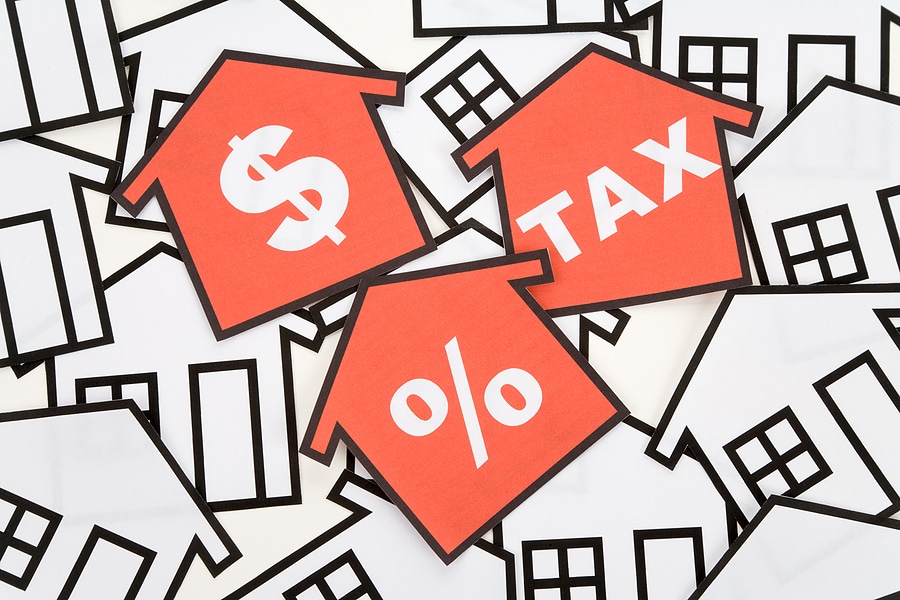
Tax Penalties For the Uninsured
One of the issues that we are starting to see more of at our tax law offices in San Diego, El Cajon and Orange County revolves around tax penalties for not having health insurance. It may have been easy to ignore the tax penalties for the uninsured in the past, but that is rapidly changing and we expect to address this issue with a lot more of our clients in the coming months.
Before, the penalty (also referred to as the “Shared Responsibility Payment”) for not having health insurance was pretty paltry: $95 or 1 percent of a taxpayer’s income in 2014. The penalty garnered our attention in 2015, as it increased to $325 or 2 percent of a taxpayer’s income. But this year, in 2016, things get serious: if you go without health care for a full 12 months, then you will have a penalty on your income tax return of $695 or 2.5 percent of your income. And the penalty, is per person, not per household.
After 2016, the penalties will keep pace with inflation. The impact of that higher shared responsibility payment is likely to be seen in coming weeks, as we all get ready to re-up our health insurance policies, or sign up for the first time.
Back in 2014, some taxpayers thought it would be cheaper to forego buying health insurance and to just pay the $95 penalty. This year, the higher shared responsibility payment coaxed more to take the plunge, coupled with the subsidies that can pay as much as 70 percent of the monthly premium.
However, 2016’s increase in that penalty means it now makes more sense to get coverage, since the $695 penalty is roughly what a consumer would pay for six months of coverage anyway. Insurance coverage gives the taxpayer financial protection against an accident or a sudden illness, as well as regular preventive and follow-up medical care. The penalty, on the other hand, gives nothing but a hole in the checkbook.
The Internal Revenue Service (IRS) collected the health care penalties for the first time this year, which totaled about $1.5 billion. Some 7.5 million taxpayers had to pay penalties, with another 12 million claiming exemptions. Even with that, the percentage of Americans without medical insurance is at an historic low of 9 percent.
The national sign-up period for health insurance runs from Nov. 1 through Jan. 31. If you do not have health insurance for you or your family, the time to get it is now—before you start getting hit with a significant amount in penalties from the IRS. You should also check with your employer to see if they offer any type of health coverage. If you are self-employed or your employer does not offer a health plan, you can use either the state health exchange that you can access through https://www.coveredca.com or contact private insurers who can help provide you with individual coverage. It is worth noting that many private brokers are also certified to help you with state sponsored plans, allowing you to take advantage of tax breaks to help lower your insurance costs. It is worth exploring.
And remember, if you feel like you have been unfairly hit with a health insurance penalty, the tax professionals at RJS LAW are here to help. We can review your options to help you eliminate or reduce your tax liabilities. Contact or call us today at (619) 595-1655 to schedule a free half-hour consultation.
****
Please keep in mind the information and advice presented in this blog is not intended to be used as formal legal advice. Contact a tax professional for personalized tax advice pertaining to your specific situation.
While we try and answer all parts of the question when we write our blogs, sometimes there may be some left unanswered. If you have any questions about your problems with the IRS, SBOE, FTB, or BOE, or tax law in general, call RJS Law at (619) 595-1655.


Leave a Reply